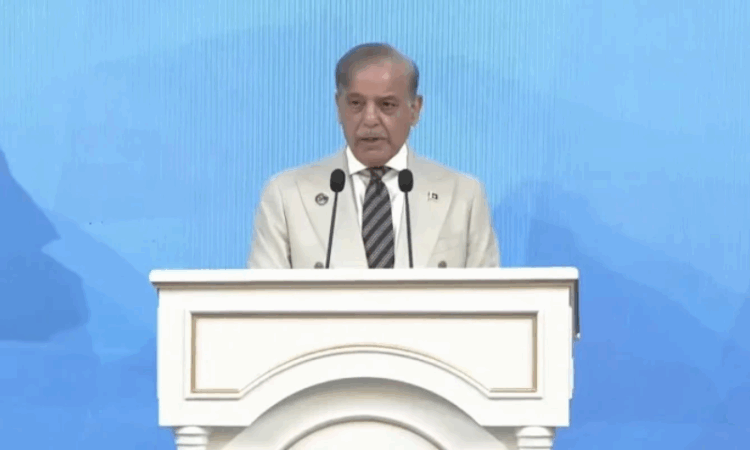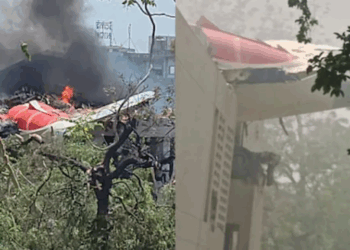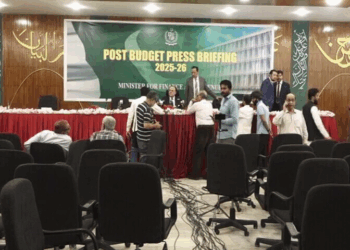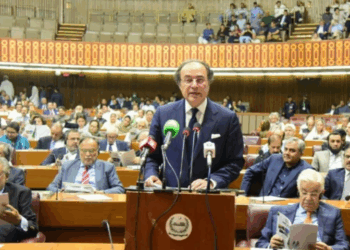Dushanbe, May 30, 2025: Prime Minister Shehbaz Sharif on Friday strongly condemned India’s unilateral move to suspend the Indus Waters Treaty (IWT), warning that Pakistan will not allow the red line on water-sharing to be crossed for political gain.
Addressing the High-Level International Conference on Glaciers’ Preservation in Dushanbe, PM Shehbaz rejected what he termed the “weaponisation of water,” declaring that the treaty—which ensures equitable sharing of the Indus Basin’s waters—must not be held hostage to domestic politics.
“India’s decision to hold the Indus Waters Treaty in abeyance is deeply regrettable. Millions of lives depend on this vital agreement, and Pakistan will never allow it to be undermined,” he said.
The three-day conference, running from May 29 to 31, brings together over 2,500 delegates from 80 UN member states and 70 international organizations. Hosted by the Government of Tajikistan in collaboration with the UN, UNESCO, WMO, and ADB, the event marks a significant moment in global climate dialogue, coinciding with the UN-designated International Year of Glaciers’ Preservation.
In his wide-ranging address, the prime minister emphasized Pakistan’s extreme vulnerability to climate change, particularly in light of the 2022 floods triggered by accelerated glacial melt. He noted that Pakistan is home to over 13,000 glaciers, which contribute nearly half of the Indus River system’s annual flow—making the country heavily dependent on stable glacial ecosystems.
“Our five great rivers—Indus, Jhelum, Chenab, Ravi, and Sutlej—are all sustained by glaciers. Any disruption to this system due to climate change poses a grave threat to our civilization, culture, and economy,” he said.
Reflecting on the devastation caused by recent floods, Shehbaz warned that scientific projections point to an increase in glacial melt and subsequent flooding in the near term, followed by a sharp decline in river flows. “These changes jeopardize our fragile ecosystem and threaten livelihoods, food security, and social stability,” he said.
Calling for urgent global action, PM Shehbaz urged developed nations to fulfill their climate finance commitments with balanced support for adaptation, mitigation, and loss and damage. He also stressed the need for investment in early warning systems, disaster preparedness, and resilient infrastructure.
Recalling childhood memories of swimming in the River Ravi, the prime minister spoke emotionally about the shared destiny of nations dependent on glacier-fed rivers. “From Pakistan’s Ravi to Tajikistan’s Vakhsh, these rivers sustain life across our regions. Let us come together to safeguard these precious natural resources for future generations,” he concluded.








